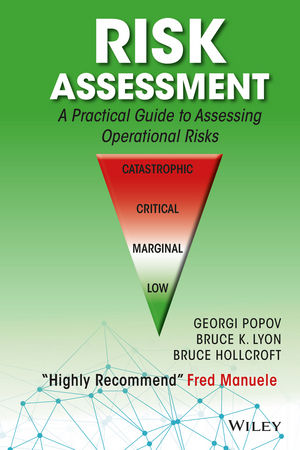A high protein diet raises risk of heart failure

For middle-aged men, eating higher amounts of protein was associated with a slightly elevated risk for heart failure than those who ate less protein, according to new research in Circulation: Heart Failure, an American Heart Association journal.
Despite the popularity of high protein diets, there is little research about how diets high in protein might impact men’s heart failure risk.
“As many people seem to take the health benefits of high-protein diets for granted, it is important to make clear the possible risks and benefits of these diets,” said Jyrki Virtanen, Ph.D., study author and an adjunct professor of nutritional epidemiology at the University of Eastern Finland in Kuopio. “Earlier studies had linked diets high in protein – especially from animal sources -- with increased risks of Type 2 diabetes and even death.”
The American Heart Association estimates that one in five Americans 40 and older will develop heart failure – the body is unable to pump enough blood and oxygen to remain healthy. Heart failure can shorten life expectancy. And with no cure, preventing heart failure through diet, lifestyle and more is vital.
Researchers studied 2,441 men, age 42 to 60, at the study’s start and followed them for an average 22 years. Overall, researchers found 334 cases of heart failure were diagnosed during the study and 70 percent of the protein consumed was from animal sources and 27.7 percent from plant sources. Higher intake of protein from most dietary sources, was associated with slightly higher risk. Only proteins from fish and eggs were not associated with heart failure risk in this study, researchers said.
For this study, researchers divided the men into four groups based on their daily protein consumption. When they compared men who ate the most protein to those who ate the least, they found their risk of heart failure was:
- 33 percent higher for all sources of protein;
- 43 percent higher for animal protein;
- 49 percent higher for dairy protein.
- 17 percent higher for plant protein.
“As this is one of the first studies reporting on the association between dietary protein and heart failure risk, more research is needed before we know whether moderating protein intake may be beneficial in the prevention of heart failure,” said Heli E.K. Virtanen, M.Sc., first author of study, Ph.D. student and early career researcher at the University of Eastern Finland in Kuopio. “Long-term interventions comparing diets with differential protein compositions and emphasizing differential protein sources would be important to reveal possible effects of protein intake on risk factors of heart failure. More research is also needed in other study populations.”
The American Heart Association recommends a dietary pattern that includes a variety of fruits and vegetables, whole grains, low-fat dairy products, poultry, fish, beans, non-tropical vegetable oils and nuts; and limits intake of sweets, sugar-sweetened beverages and red meats.
Other co-authors are Sari Voutilainen, Ph.D.; Timo T. Koskinen, M.Sc.; Jaakko Mursu, Ph.D.; and Tomi-Pekka Tuomainen, M.D., Ph.D. No disclosures were reported by the authors.
The Finnish Cultural Foundation North Savo Regional fund, Päivikki and Sakari Sohlberg Foundation, Paavo Nurmi Foundation and The Finnish Association of Academic Agronomists funded the study.
Additional Resources:
- Available multimedia is on the right column of the release link - https://newsroom.heart.org/news/high-protein-diet-associated-with-small-increased-heart-failure-risk-in-middle-aged-men?preview=7c65cd2cc018c487fa6776f8e70613d7
- After May 29, view the manuscript online.
- The American Heart Association's Diet and Lifestyle Recommendations
- Mostly meat, high protein diet linked to heart failure in older women
- Vegetarian, Vegan Diet & Heart Health
- Follow AHA/ASA news on Twitter @HeartNews
About the American Heart Association
The American Heart Association is devoted to saving people from heart disease and stroke – the two leading causes of death in the world. We team with millions of volunteers to fund innovative research, fight for stronger public health policies and provide lifesaving tools and information to prevent and treat these diseases. The Dallas-based association is the nation’s oldest and largest voluntary organization dedicated to fighting heart disease and stroke. To learn more or to get involved, call 1-800-AHA-USA1, visit heart.org or call any of our offices around the country. Follow us on Facebook and Twitter.
Looking for a reprint of this article?
From high-res PDFs to custom plaques, order your copy today!







